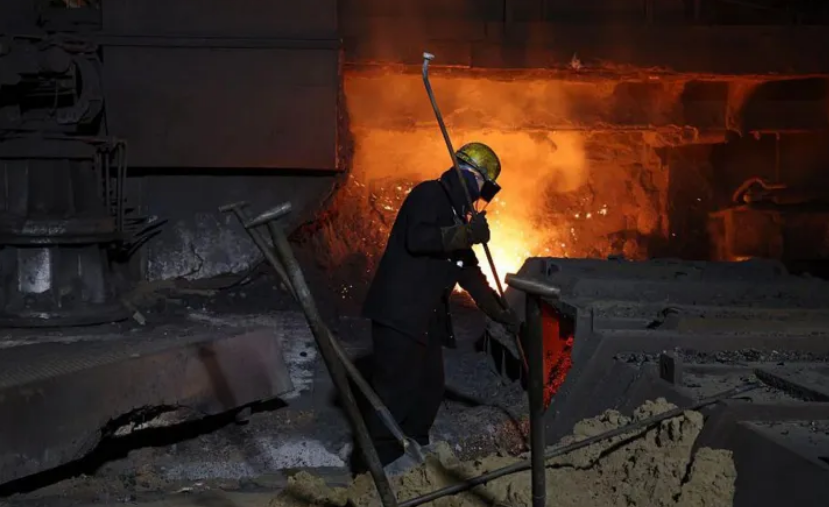The UK government has pushed back against claims from Beijing that its newly signed trade agreement with the United States unfairly targets China, emphasizing that the deal is in Britain’s national interest and not designed to harm relations with any third party.
The trade pact, signed last week, eases some of the tariffs imposed by former President Donald Trump on British steel and aluminium exports. However, the deal includes provisions requiring the UK to meet U.S. demands on supply chain security and the ownership of production facilities — terms that have raised concerns in China.
Chinese officials have expressed alarm that such conditions could lead to the exclusion of Chinese firms from UK supply chains for goods bound for the U.S. “Cooperation between countries should not target or harm the interests of third parties,” Chinese foreign ministry spokesperson Lin Jian said during a regular press briefing.
Beijing reiterated that bilateral trade agreements should adhere to the principle of neutrality, warning that provisions in the UK-US deal could undermine China’s trade access.
In response, the UK government rejected any suggestion that the agreement includes a de facto veto on Chinese investment. “There is no such thing as a veto on Chinese investment in this trade deal,” a government spokesperson said. “Any external provisions are not designed to undermine mutually beneficial economic relations with any third country.”
The UK described the agreement as critical to protecting British industry and jobs, especially in sectors like steel and automotive manufacturing. “This deal is in the national interest,” the spokesperson added. “It secures thousands of jobs across key sectors, protects British businesses, and lays the groundwork for expanded trade opportunities.”
While the UK managed to reduce or remove some tariffs on steel and aluminium, Trump’s blanket 10% tariff on many UK imports remains in place. Still, British officials view the agreement as a step forward in rebuilding economic ties with Washington.
Meanwhile, in a significant development in the broader global trade landscape, the United States and China have agreed to a “total reset” in their ongoing tariff dispute. President Trump announced that newly imposed U.S. tariffs on Chinese goods would be reduced from 145% to 30%, while China would lower its retaliatory tariffs from 125% to 10%.
The easing of tariffs is seen as a major de-escalation in the trade tensions between the world’s two largest economies — a conflict that has rippled across global markets and impacted supply chains worldwide.
With UK-China trade reaching £98.4 billion in 2024, officials in London stressed that economic ties with Beijing remain vital, despite the UK’s growing alignment with the U.S. on security-related trade issues.


